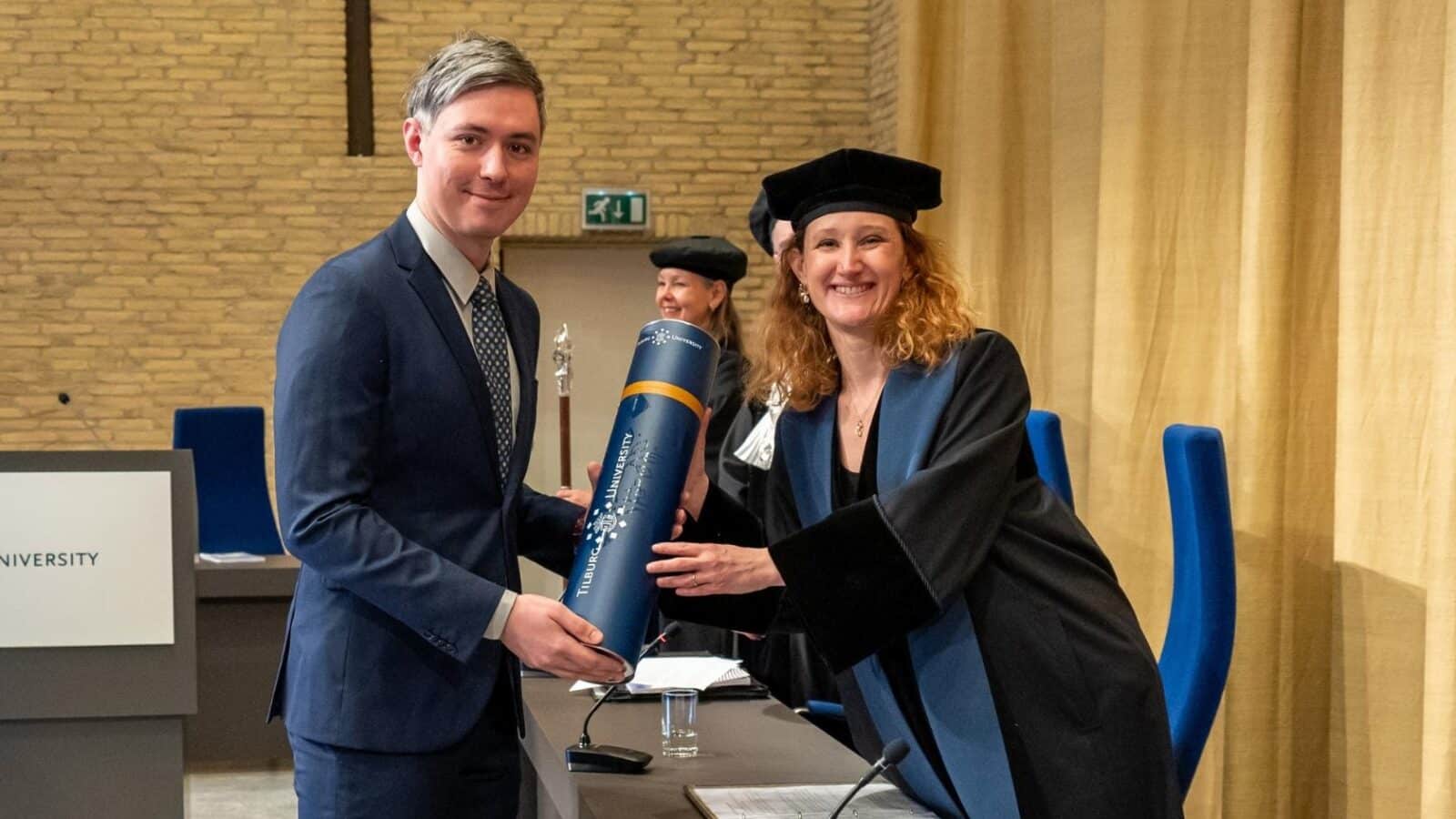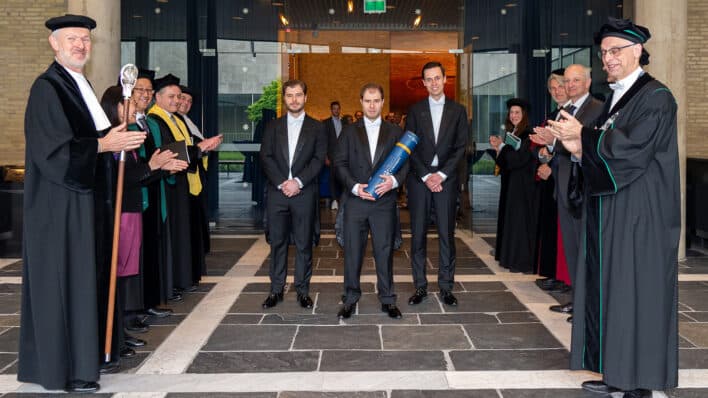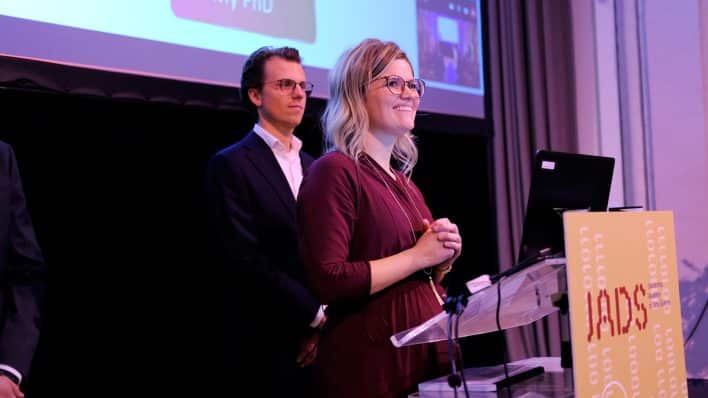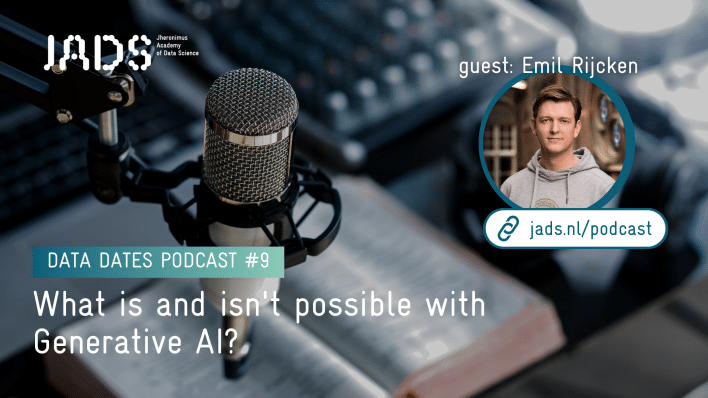Behind the PhD: Zoltán Puha’s innovations in enhancing website testing
Posted on
In today’s fast-paced digital world, companies are constantly updating their websites to stay ahead. Meet Dr. Zoltán Puha, a pioneering researcher whose PhD work aims to revolutionize how companies test new website features. Zoltán’s research focuses on improving A/B testing, a common method used to determine the best version of a website. He has developed innovative algorithms that help companies learn the impact of new features more quickly and efficiently. His work not only includes theoretical advancements but also practical tools, such as the Python package Asbe, which aids researchers and practitioners in developing and evaluating new testing methods. We spoke with Zoltán about his groundbreaking research, the obstacles he overcame, and the potential his findings have to transform online product development.
Why did you choose this research subject and what makes it so fascinating?
“I have started my PhD in a project that already had its theme: Uplift modeling in Marketing. However, after the first year of research, I have started to focus more on the data part of uplift modeling, the algorithms behind different data acquisition strategies. I found that this research topic was really exciting, because it blended two fields, causal inference and active learning in a way that was really novel. I saw this field emerge while working on the thesis, which was exciting as I felt I was working on something important, but it was also a bit stressful as it was at times hard to keep up with all the new advancements.”
Which challenges did you meet along the way and how did you overcome them?
“My biggest challenge was finding my place in academia. When I started at the Marketing department, I was the only one working on uplift modeling, so it was hard to connect with my peers over research. When I started at JADS, I found my place as there were a lot of like-minded people working on similar topics.”
What is the impact of your work in the real world?
“I hope that more and more people will realize that active learning can be a really effective way to speed up data acquisition in online experimentation. I also hope that the python package I have written during the PhD can be helpful for researchers and practitioners alike.”
What are your plans after your PhD?
“I have moved to Berlin and started to work at Zalando before finishing the PhD. It was a big step, both personally and professionally, but so far I enjoy the ride!”
Zoltan Puha received his PhD from JADS at Tilburg University on 24 May, 2024.



